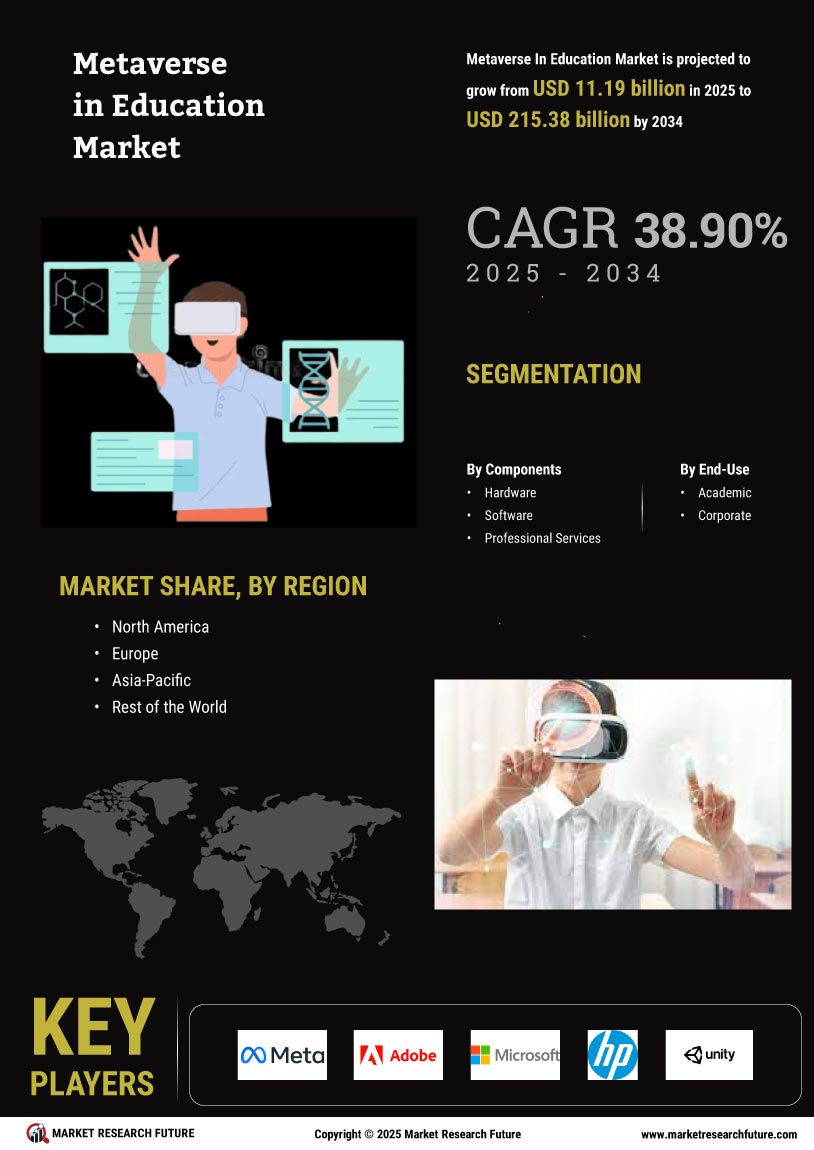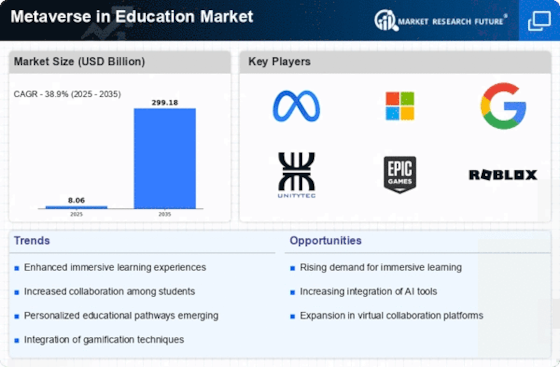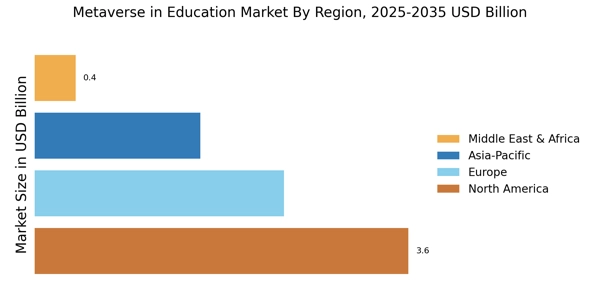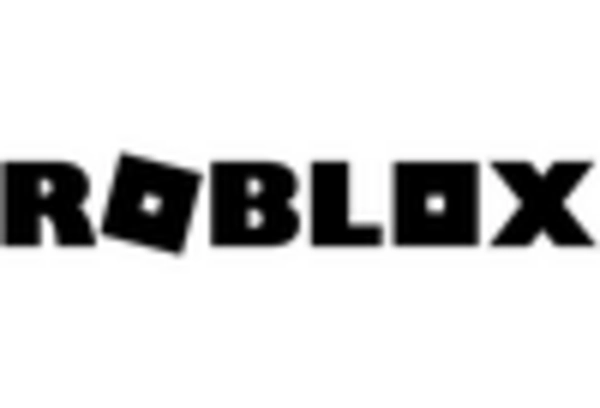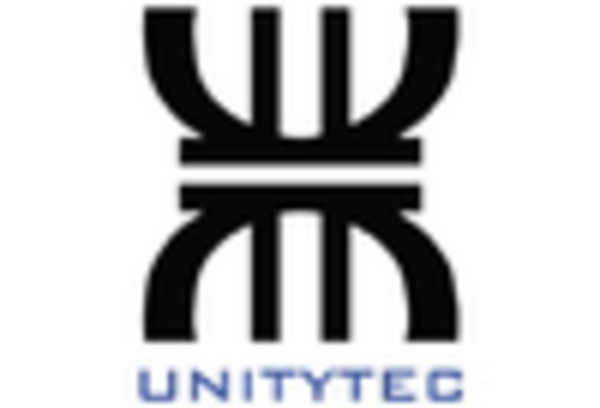Personalized Learning Pathways
The Metaverse in Education Market is increasingly focused on personalized learning pathways, which cater to individual student needs and preferences. With advancements in artificial intelligence and data analytics, educational platforms can now offer tailored content and assessments that adapt to each learner's pace and style. This customization is expected to lead to improved academic outcomes, as students engage with material that resonates with their unique learning profiles. Reports suggest that personalized learning can increase student achievement by 30%. As educational institutions recognize the benefits of personalized approaches, the Metaverse in Education Market is poised for growth, with more platforms emerging to provide these tailored experiences.
Cost-Effective Learning Solutions
The Metaverse in Education Market is also driven by the demand for cost-effective learning solutions. Traditional education often incurs significant expenses related to physical infrastructure, materials, and travel. In contrast, virtual learning environments can reduce these costs substantially. For instance, institutions can save on facility maintenance and transportation by utilizing online platforms for instruction. Furthermore, the scalability of virtual classrooms allows for a larger number of students to access quality education without the associated costs of physical attendance. This economic advantage is likely to attract more educational institutions to invest in the Metaverse in Education Market, thereby driving its growth.
Increased Accessibility and Inclusivity
The Metaverse in Education Market is making strides towards increased accessibility and inclusivity in education. Virtual learning environments can accommodate students with diverse needs, including those with disabilities. By providing customizable interfaces and adaptive technologies, the Metaverse allows all learners to participate fully in educational experiences. Reports indicate that inclusive education can lead to better social integration and academic performance for students with disabilities. As educational institutions prioritize inclusivity, the Metaverse in Education Market is expected to grow, with more platforms emerging that focus on creating accessible learning environments for all.
Global Collaboration and Cultural Exchange
The Metaverse in Education Market facilitates unprecedented opportunities for global collaboration and cultural exchange among students. Virtual classrooms and collaborative projects enable learners from different geographical locations to interact and work together in real-time. This exposure to diverse perspectives enhances critical thinking and fosters a sense of global citizenship. Data shows that students who engage in cross-cultural collaborations demonstrate improved communication skills and cultural awareness. As educational institutions increasingly embrace these collaborative tools, the Metaverse in Education Market is likely to expand, providing platforms that support international partnerships and cultural exchanges.
Enhanced Engagement through Immersive Learning
The Metaverse in Education Market is witnessing a surge in demand for immersive learning experiences. This trend is driven by the increasing recognition of the effectiveness of virtual environments in enhancing student engagement. Research indicates that immersive learning can improve retention rates by up to 75% compared to traditional methods. As educational institutions adopt virtual reality and augmented reality technologies, they create interactive and engaging learning environments that cater to diverse learning styles. This shift not only captivates students' attention but also fosters a deeper understanding of complex subjects. Consequently, the Metaverse in Education Market is likely to expand as more institutions invest in these technologies to enhance the learning experience.
